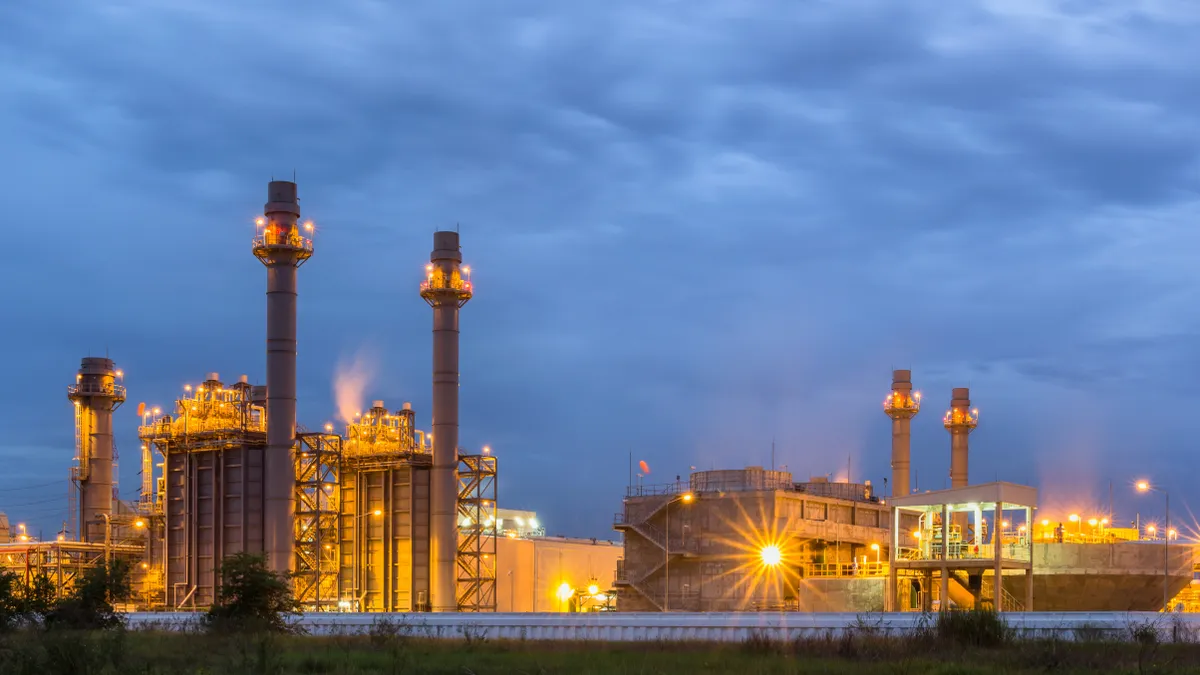The Environmental Protection Agency is withdrawing plans to set greenhouse gas emissions limits for existing gas-fired power plants from a broad proposal for generator emission reductions and will develop standards in an upcoming rulemaking process, the EPA said Thursday.
It intends to set final GHG standards this spring for existing coal-fired power plants and new gas-fired power plants, the EPA said.
“The agency is taking a new, comprehensive approach to cover the entire fleet of natural gas-fired turbines, as well as cover more pollutants including climate, toxic and criteria air pollution,” EPA Administrator Michael Regan said in a statement.
The change in plans stems from the EPA’s proposed greenhouse gas emissions limits for coal-, gas- and oil-fired power plants. It faced strong pushback from electric utilities and others, partly over concerns that carbon capture and other technologies to reduce carbon emissions weren’t commercially available.
In cutting climate and air pollution from existing gas-fired power plants, the EPA will consider flexibilities to support grid operators and will recognize that ongoing technological innovation offers a wide range of decarbonization options, Regan said.
The EPA plans to soon start a stakeholder process to develop standards for existing gas-fired power plants.
Under the initial plan, gas-fired combustion turbines larger that 300 MW and operating with at least a 50% capacity factor have two compliance options: carbon capture and storage with 90% carbon capture by 2035, or co-firing of 30% low-GHG hydrogen beginning in 2032 and co-firing 96% starting in 2038, according to the agency. Peaking power pants would have fallen outside the regulations.
Several environmental justice groups support the EPA’s plan to craft a separate rule for existing gas-fired plants. “Allowing these existing plants to employ carbon capture and storage or hydrogen co-firing would increase health risks and set back progress on renewable energy,” Beverly Wright, founder and executive director of the Deep South Center for Environmental Justice, said in a statement.
However, Sen. Sheldon Whitehouse, D-R.I., panned the decision. “It is inexplicable that EPA, knowing of these emissions, did not focus this rulemaking on existing gas-fired plants from its inception,” Whitehouse said. “EPA promises that some future proposed rule will address these emissions, but time is not on our side, and the agency’s generally lethargic rulemaking pace does not leave one optimistic.”














